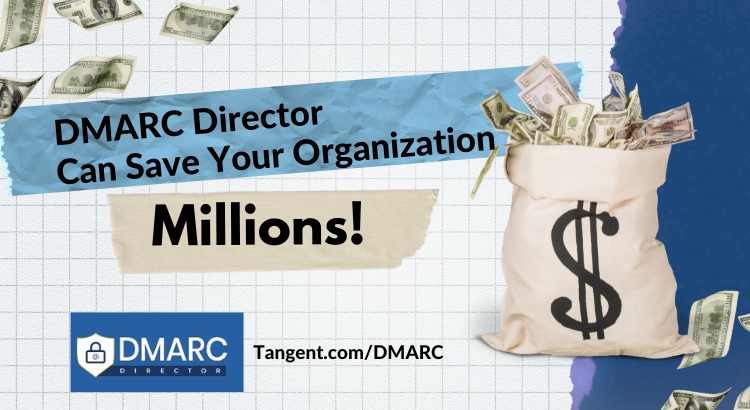According to the latest Forbes article, “The Underestimated Scourge of Spoofing Attacks” “dwell time” for cyberattacks shrunk to 8 days in 2023, compared to 10 days in 2022. Dwell time refers to the time from when a cyberattack starts to when it has been detected. While shrinking cyberattack detection times is good news, an 8 day spoofer infiltrating your organization can be detrimental and grave.
IBM’s 2023 “Cost of a Data Breach” report indicates ‘organizations that reported low or no security system complexity experienced an average data breach cost of USD 3.84 million in 2023.’ While those with ‘high levels of security system complexity reported an average cost of USD 5.28 million.’
Spoofing involves impersonating a user or legitimate company identity, such as an email address, device, and phone number. Cyberattacks of this nature often result in loss of intellectual property, proprietary information, client data breaching, and theft of financial data. Forbes’ articles states that organizations can ‘potentially suffer the consequences of DDoS attacks, and deal with reputational damages that may cost millions.’
Fortunately, while the villainous actors plague the internet, there are guardians in place to help prevent malicious attacks. DMARC Director is one such defender; it’s an email authentication SaaS platform, expertly developed to prevent email spoofing (and so much more).

How DMARC Director Helps Businesses Fortify Against Email Spoofing Attacks
DMARC Director helps businesses against email spoofing attacks using DMARC, SPF, and DKIM.
Sender Policy Framework (SPF) SPF, a fundamental email authentication method, empowers domain owners to specify authorized email servers for sending emails on behalf of their domain. This information is stored in a specialized DNS record called an SPF record. Upon receiving a message, an email server verifies the SPF record associated with the domain in the email address to ascertain the legitimacy of the sender. SPF plays a pivotal role in thwarting email address spoofing by mandating senders to authenticate their messages with the corresponding domain name. This mechanism deters spammers and fraudsters from impersonating legitimate senders and dispatching malicious messages. However, SPF alone is not a comprehensive solution, necessitating the integration of complementary authentication mechanisms like DKIM and DMARC for enhanced protection.
DomainKeys Identified Mail (DKIM) Recognizing the limitations of SPF in combatting email spoofing, DKIM emerges as a crucial countermeasure. DKIM enables domain owners to digitally sign their messages using a private key, effectively mitigating email address spoofing. Upon receipt, the recipient’s email server verifies this digital signature using a public key stored in the domain’s DNS records. Legitimate messages pass validation, while illegitimate ones may be rejected or flagged as spam.
Domain-based Message Authentication, Reporting, and Conformance (DMARC) DMARC represents a comprehensive email authentication protocol designed to identify and prevent spoofed emails from reaching user inboxes. Implementation of DMARC enhances email deliverability and bolsters brand reputation by thwarting spoofing and phishing attacks. This protocol empowers domain owners to dictate the actions to be taken when messages fail authentication checks, such as DKIM and SPF.
Incorporating an additional layer of protection against email-based threats, DMARC ensures the delivery of only legitimate messages to recipients’ inboxes, curtailing the proliferation of spam and malicious content.
Email address spoofing poses a significant cybersecurity risk, potentially resulting in data breaches, malware infiltration, and phishing scams. Safeguarding an organization’s email infrastructure and bolstering deliverability necessitates the adoption of email authentication protocols. Stay ahead of cyber threats and safeguard your domain by leveraging DMARC Director’s advanced email authentication services for comprehensive protection.
Reach out to us today +1 800 342 9388. Fortify your email security and safeguard your organization against email-based threats.
